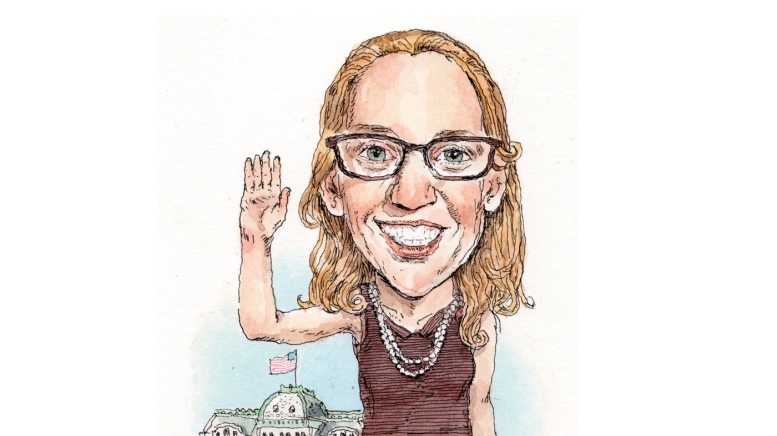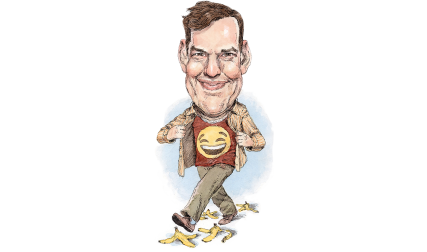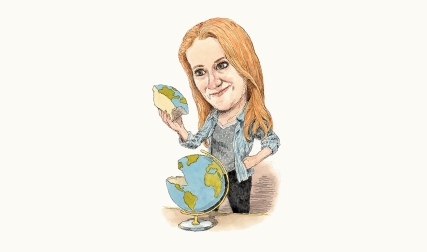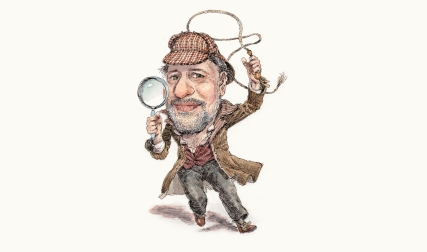Notable: Elected to Providence, Rhode Island, city council in November 2022; longtime climate and sustainability activist; member, Rhode Island Energy Efficiency Council; DAM intern, 2004-05
Career: As Rhode Island climate and energy program manager for The Nature Conservancy (TNC), since 2019, works with municipalities on climate resilience planning; member, TNC’s North America policy and government relations cabinet; Rhode Island’s director of food strategy, 2016-19; policy analyst and Rhode Island coordinator, New England Clean Energy Council, 2015-16; energy planning and policy manager, State of Rhode Island, 2014-15; markets coordinator, Fresh Farm Rhode Island, 2013-14; senior program associate, the Energy Foundation, San Francisco, 2007-11
Education: A.B., environmental studies; M.B.A., Yale, 2013
Personal: Lives in Providence with husband Scott (Anderson) AnderBois ’05, a linguistics professor at Brown
“Chairing Providence’s sustainability commission gave me insight into what was going on in city hall and made me want to get involved in government.”
“We have a nation-leading climate-justice plan in Providence, put together by city staff and community members. Other cities ask Providence to present on this plan. It was hard to see some city council members try to trample it.”
“I have such respect for state and city workers. I don’t think they get the support and kudos they deserve, so that also motivated me to run.”
“At Dartmouth I learned a sense of possibility and the importance of being involved in your community. Those things were important to me in deciding to run, feeling like I could, and feeling I had something to contribute to my city.”
“Working for DAM gave me an appreciation of good journalism, which continues to this day.”
“I’ve had some anxiety about getting out there as a very progressive woman. One evening I opened the door when someone knocked, and a guy barged into our living room to discuss some issues he had, so it’s something [my husband] Scott and I have talked about. If I’m late coming home, he’s worried something has happened to me, so I’m getting better at letting him know where I am.”
“There will be a bright line between what I do on council and what I do for The Nature Conservancy. Climate resilience is important to me wearing both hats, but it will be clear as to which hat I’m wearing when.”
“I think of addressing climate change as a continuum: First, we have to consider how we reduce or eliminate our carbon emissions; second, how we remove them from the atmosphere, because we already have more than we can live with; third, how we adapt to all the unavoidable changes that already are here and will continue to come.”
“City- and state-level government is confusing. I’m excited about demystifying some of that. Knocking on doors, I met people who want to plug in but sometimes don’t know how.”
“Sustainability and climate issues are very important in a city bisected by rivers. We have some dirty industry down in our port neighborhood I’ll work to clean up. We’re still planning new buildings in flood plains. It’s totally bonkers.”
“A lot of people were surprised when I decided to pursue an M.B.A. If the problems we’re facing are caused in part by some large corporations, we have to understand how they work, how they’re making decisions, and be able to read their financial documents. Climate activists need that fluency.”
“Environmentalists are not always great at marketing. I remember a meeting about energy efficiency when someone said, ‘Maybe if the package says you’ll save $20 over 20 years, that’s enticing.’ I was thinking, ‘Wow, we’re stunningly bad at this.’ ”
“How you do a job is as important as what you get done. I want to be able to look back in four years and say, ‘I did the things I promised. I was responsive and trustworthy. I delivered on some of the key things that people wanted.’ ”
“At the end of the day, I just want to work with other people to get things done.”




